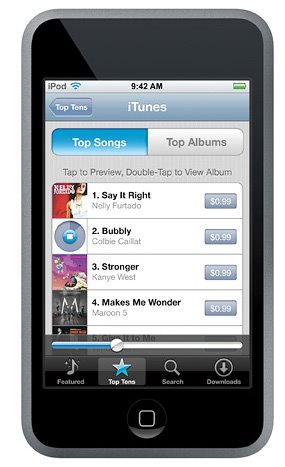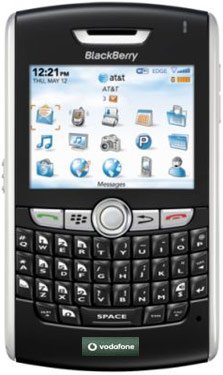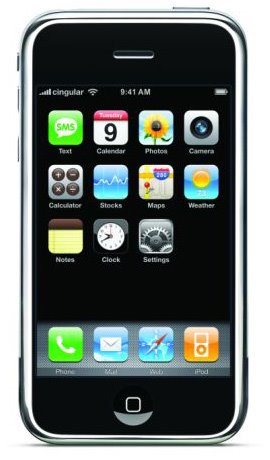“Avoid using abbreviations and acronyms in your cover letter and resume. Or at least spell it out in the first instance and give the abbreviation in parenthesis. For example, Medical Transcription (MT)” Linda S.
This is a great tip. I think many of us do abbreviate and we might not always remember to spell everything out in our cover letters and résumés, but it is important that we do.
“Don't respond to a variety of ads by sending one email to numerous CC addresses.” Linda S.
You know I had no idea that anyone was doing this. Since I’m not an employer, I don’t have an inside view on things. I would highly suggest that if you’re doing this you do as Linda suggests and not send out a mass email to many recipients. At the VERY least make sure it’s a blind carbon copy, but I always suggest customizing each cover letter, résumé, and email to each job/company.
“If you are claiming "attention to detail" as one of your skills, make sure your cover letter and resume are free of typos and misspellings” Linda S.
I couldn’t agree more. When applying for a job you need to ALWAYS make sure it’s on point and you don’t have typos or misspellings. Especially if the job requires attention to detail, but even if it doesn’t you should follow this “rule” when applying to any job.
“Make sure your cover letter sounds enthusiastic about the job prospect.” Linda S.
I agree. I think that anything you can do to express your enthusiasm (in a professional manner) is a plus. I’m sure employers receive many boring emails/cover letters and when one comes over that is not only professional, but enthusiastic and has your personality in it, then that is very refreshing.
“Tailor your skill summary to the advertised job. Mention specific skills that apply to the job and leave out the skills that don't apply.” Linda S.
How glad I am to see that the advice I’ve been giving for years is truly what employers like to see. I’ve always said this and it’s now enforced by Linda. If you’re not doing this yet, start doing it right now!
“Don't burn bridges. When you receive a letter saying you didn't get the job, send a polite reply asking that your information be kept on file and express your interest in being considered for future openings. There is nothing to be gained by voicing any anger or resentment at not being chosen.” Linda S
I’m sad to know that this must have happened to her at some point in time. Please remember to always remain professional and friendly when communicating with an employer EVEN if you didn’t receive the job. You just never know when they will need to hire someone again and if you send an unprofessional and even hateful email then you can be sure you will never be considered for that job or any other job with that company again.
I hope this glimpse into the mind of an employer will open your eyes to what you should and should not be doing when applying and communicating with an employer. Remember to always remain professional and friendly – it will get you where you want to go.




0 comments:
Post a Comment